In the original video, I lay out a blunt warning: free speech matters, and it’s under pressure in the United Kingdom.
This article expands on the arguments and examples I raised — from the Online Safety Act to high-profile arrests over social media posts, to concerns about Ofcom-style takedown powers and even troubling international moves that threaten encryption and conscience rights. I walk through the key complaints, quote important lines from the discussion, and explain why these developments matter to Brits and Americans alike. 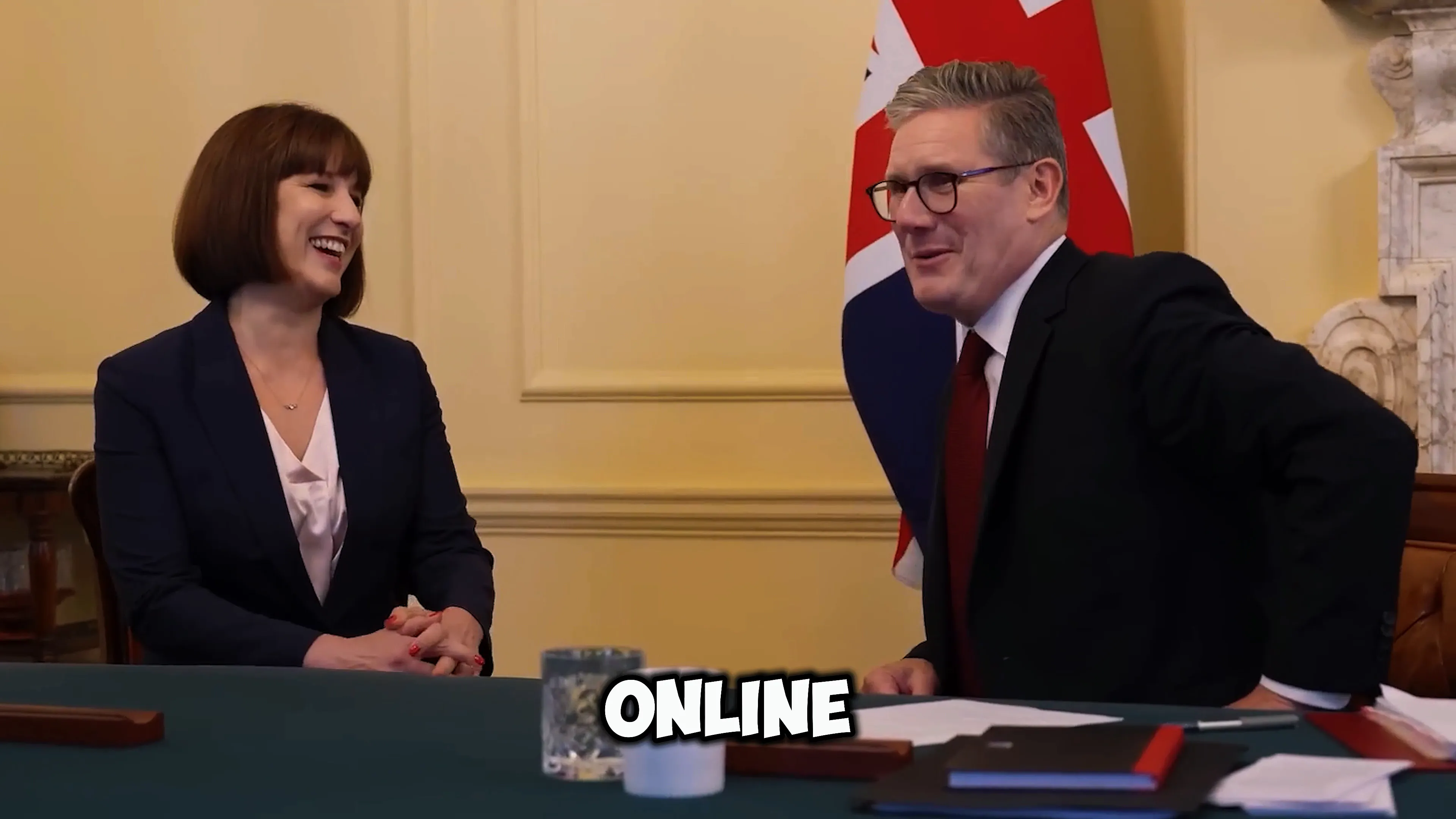
Why free speech still matters
Free speech isn’t an abstract slogan; it’s the soil of public debate. In the video I emphasize that free expression has been a long-standing British value and one we should be proud to protect. When people lose the ability to speak honestly, patriotism and civic health suffer.
That’s why I’m worried when leaders offer reassurances that don’t match the facts on the ground. A proud claim about free speech rings hollow if the laws being passed create broad powers to remove “legal but harmful” content or to pressure platforms into censoring views that challenge government orthodoxy.
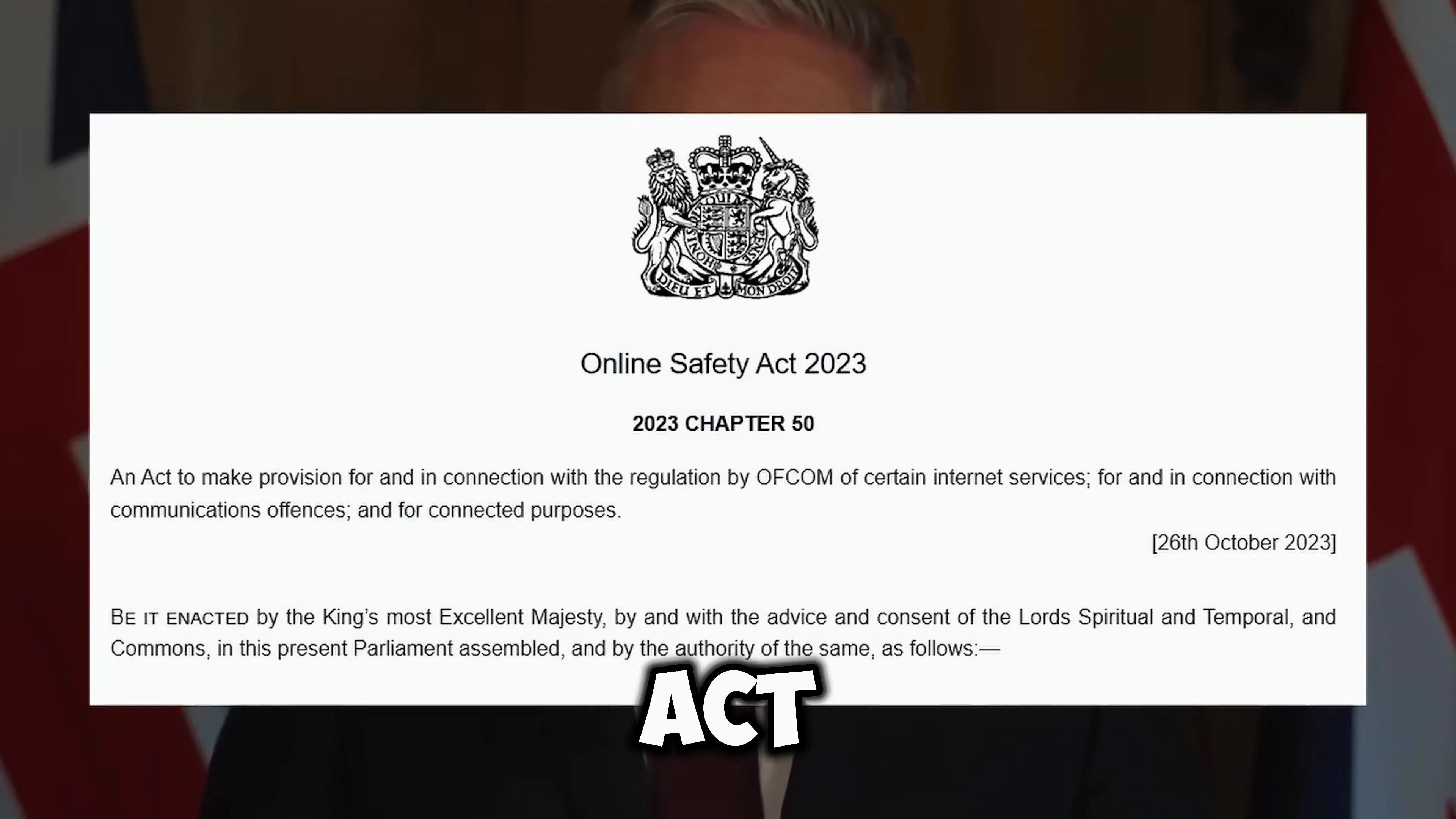
The Online Safety Act: child protection or censorship?
The Online Safety Act is sold as a measure to protect children — and child safety is paramount — but I argue the law has a much wider effect. It grants regulators sweeping discretion to demand takedowns of content labeled “harmful,” even when that content is lawful speech. That dynamic can easily be used to suppress political dissent.
As I put it, the law is “Orwellianly named” if its real outcome is to push social media companies into behaving like government censors. The concern isn’t just theoretical: state-mandated content moderation can chill debate and make platforms risk-averse to viewpoints that challenge the establishment.
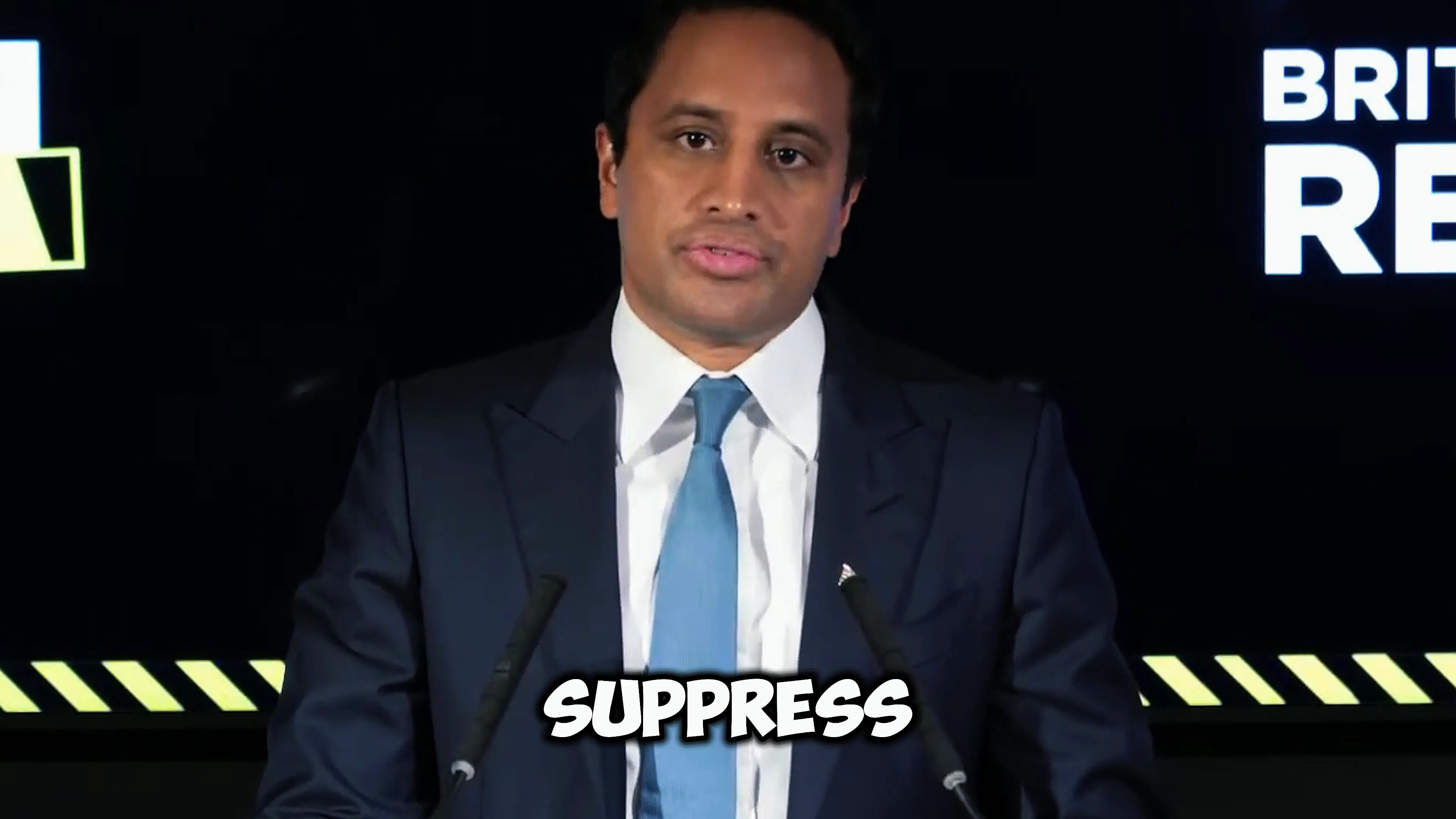
Enforcement, arrests, and the chilling effect online
The video highlights real cases where people have faced police action over social media comments. I point out the oddity and injustice when someone reposts or responds to a comment and ends up arrested while the original poster faces no consequences. That sort of enforcement sends a message: one careless post can cost you your liberty.
When ordinary Britons log on and feel fear — that a single post could land them in trouble — healthy debate evaporates. I stressed that this isn’t just about dramatic headlines; it’s about the everyday fear that now accompanies online conversation.
International context: encryption, Ofcom, and broader threats
These are not isolated British issues. I noted the cross-border implications: UK rules affect American tech companies and, by extension, U.S. citizens. I also raised alarm about proposals that would undermine encryption — a direct threat to the privacy of private conversations and to the security of digital life.
Across Europe there are worrying signs: EU officials talking about shutting down platforms during unrest, and countries like Sweden prosecuting activists in ways that many view as overreach. Taken together, these moves point to a retreat from long-held democratic values and individual conscience rights.
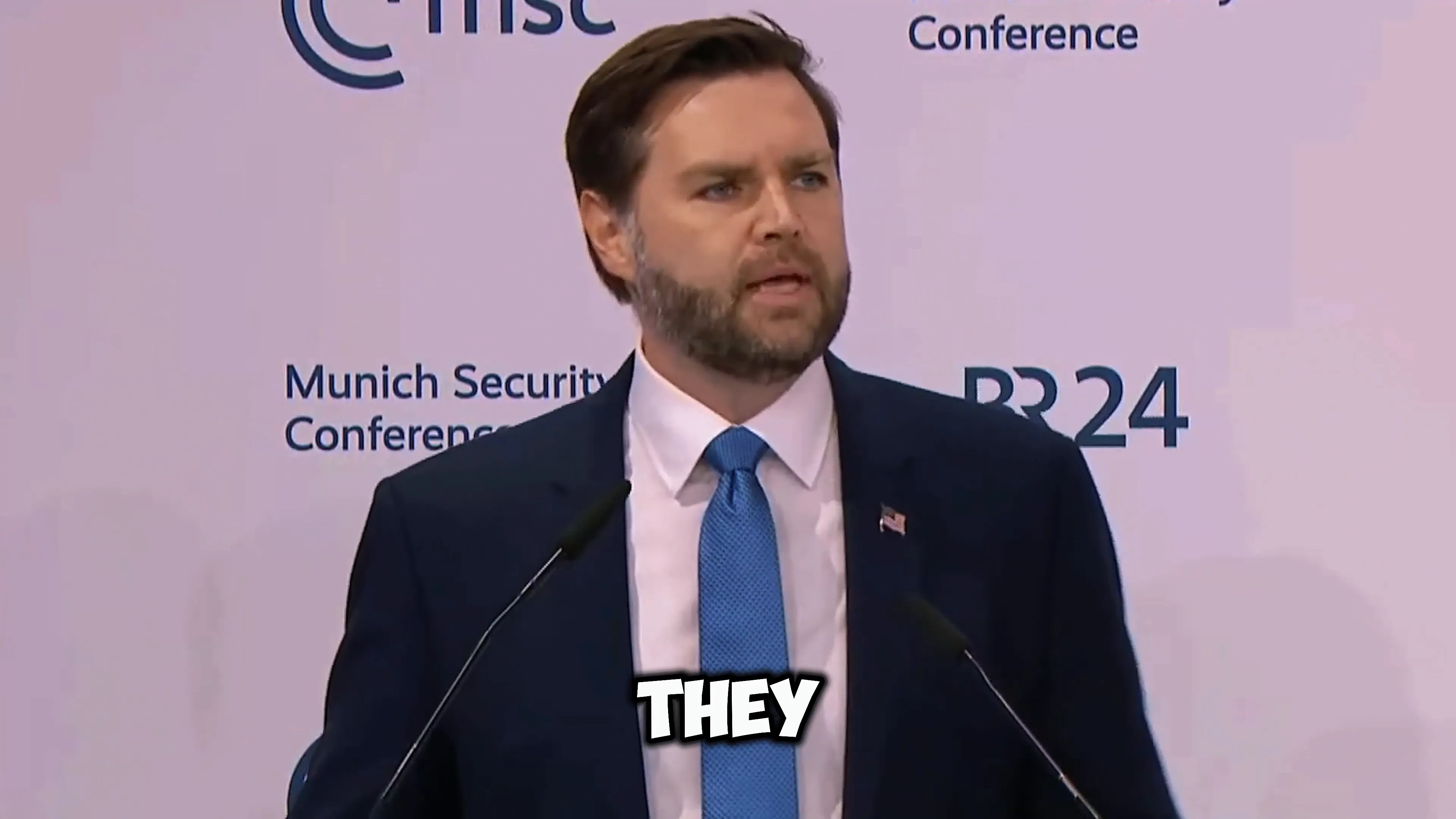
Sadiq Khan, knighthood, and the debate over grooming gangs
I don’t limit the critique to law alone. In the video I call out political leadership — naming Sir Keir Starmer and Sadiq Khan — and argue that a broader political culture shift is at work. I question whether certain public figures are protecting the values their offices are meant to uphold.
Part of the exchange in the video revisits a fraught parliamentary debate about “grooming gangs” (which I referred to as “rape gangs”). I point to Rotherham as an example of egregious abuse and ask bluntly whether similar patterns exist in places like London. That back-and-forth exposes how sensitive, and how essential, it is to have honest public discussion about crime, exploitation, and responsibility.
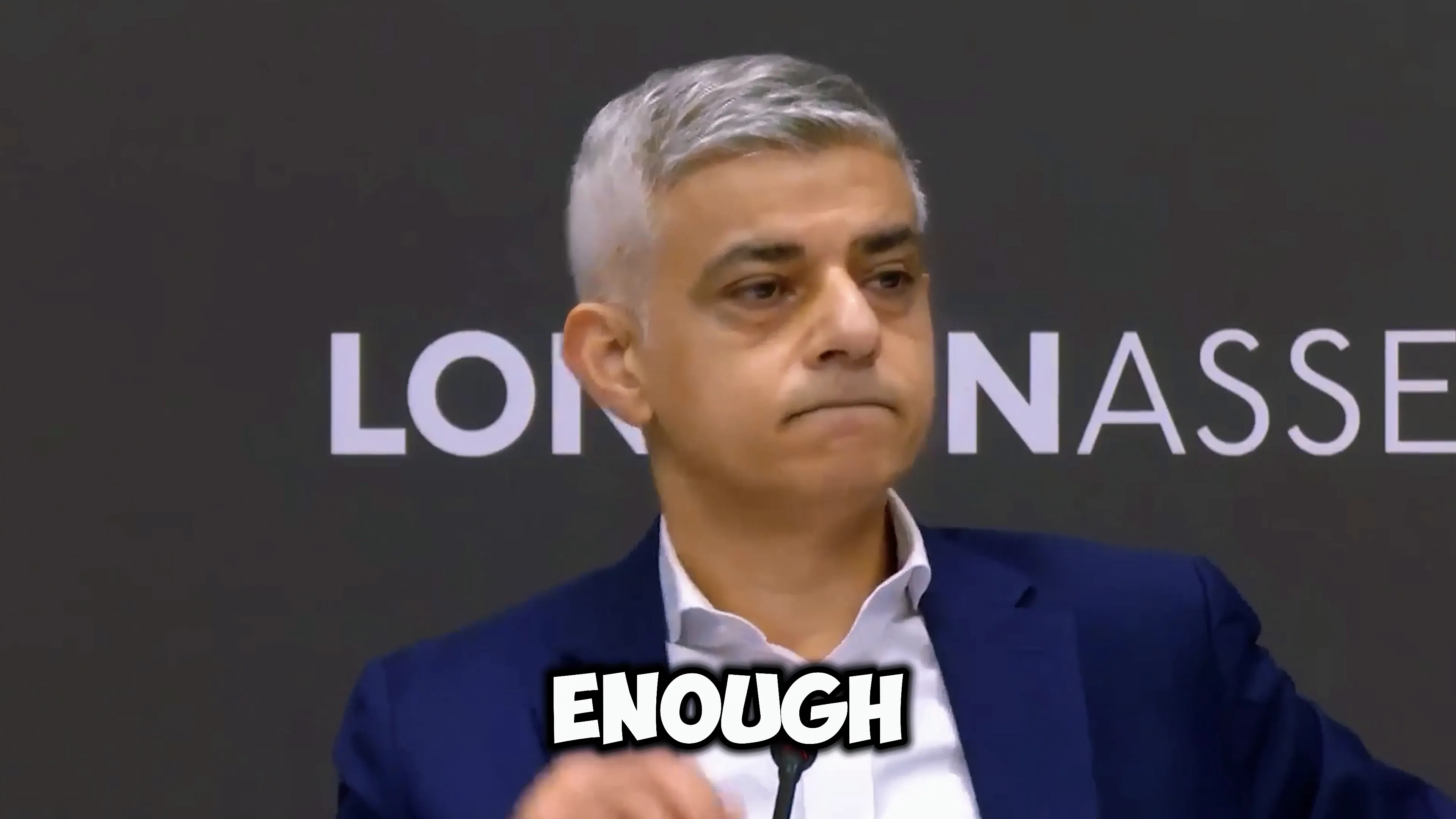
What this means for citizens and policymakers
There are practical takeaways from these controversies. Policymakers must balance child protection with free expression; regulators must be given clear, narrow mandates rather than vague powers that can be stretched to silence critics. Platforms should resist overbroad censorship demands and defend lawful speech.
Citizens, meanwhile, should pay attention. Laws that look technical or niche can have sweeping cultural effects. If debates about security, privacy, and conscience are outsourced to regulators or platforms without democratic oversight, ordinary people lose the ability to argue and influence policy.

Conclusion: defend debate, not suppression
My core message is simple: protect children, yes — but not by eroding the free speech that lets societies surface problems and hold leaders accountable. If we allow vague laws and heavy-handed enforcement to muzzle honest conversation, we trade safety for silence and weaken the democratic norms both Britain and the United States have long cherished.
I encourage readers to watch the original video, consider the balance between safety and liberty, and join the conversation about how to protect both.
